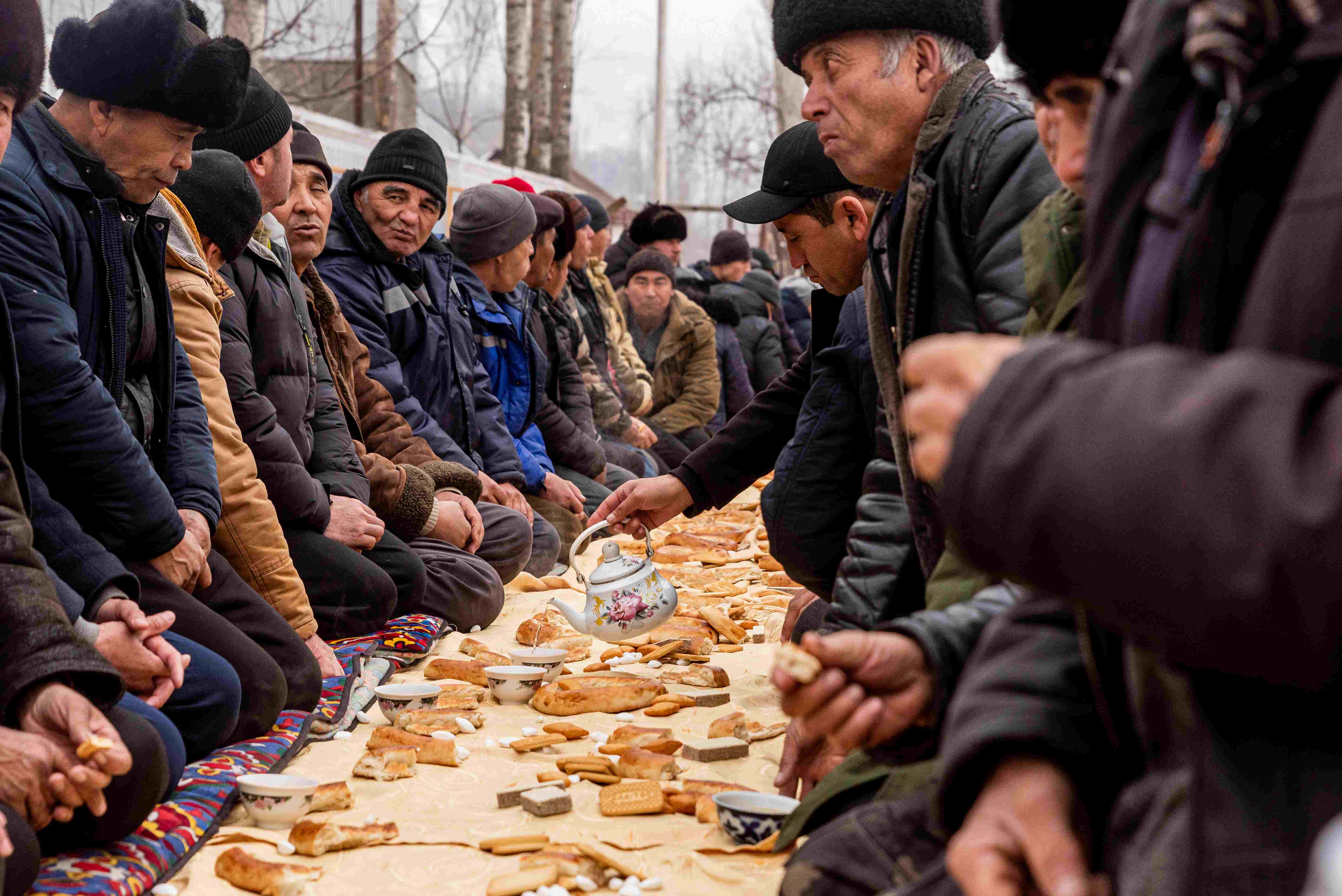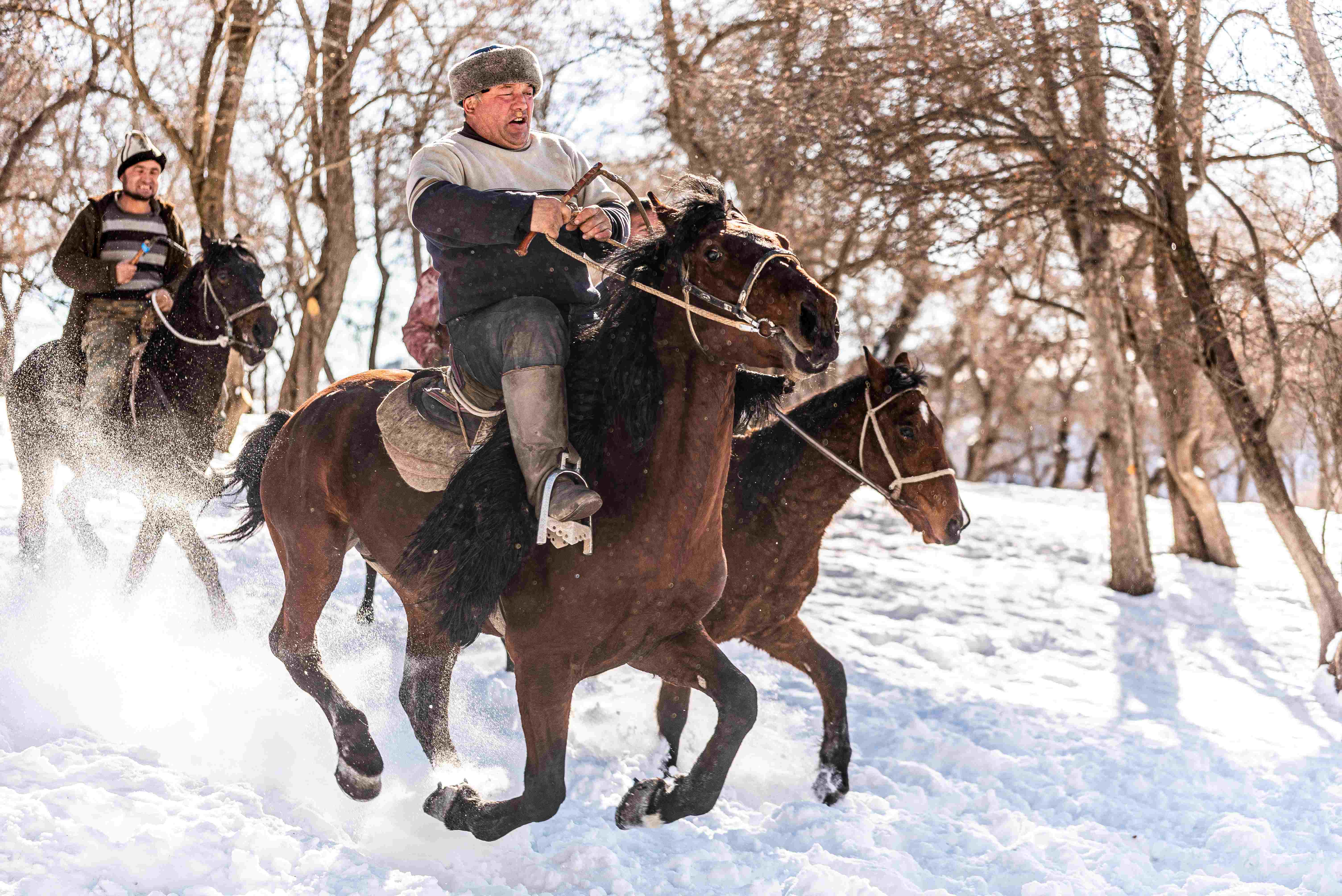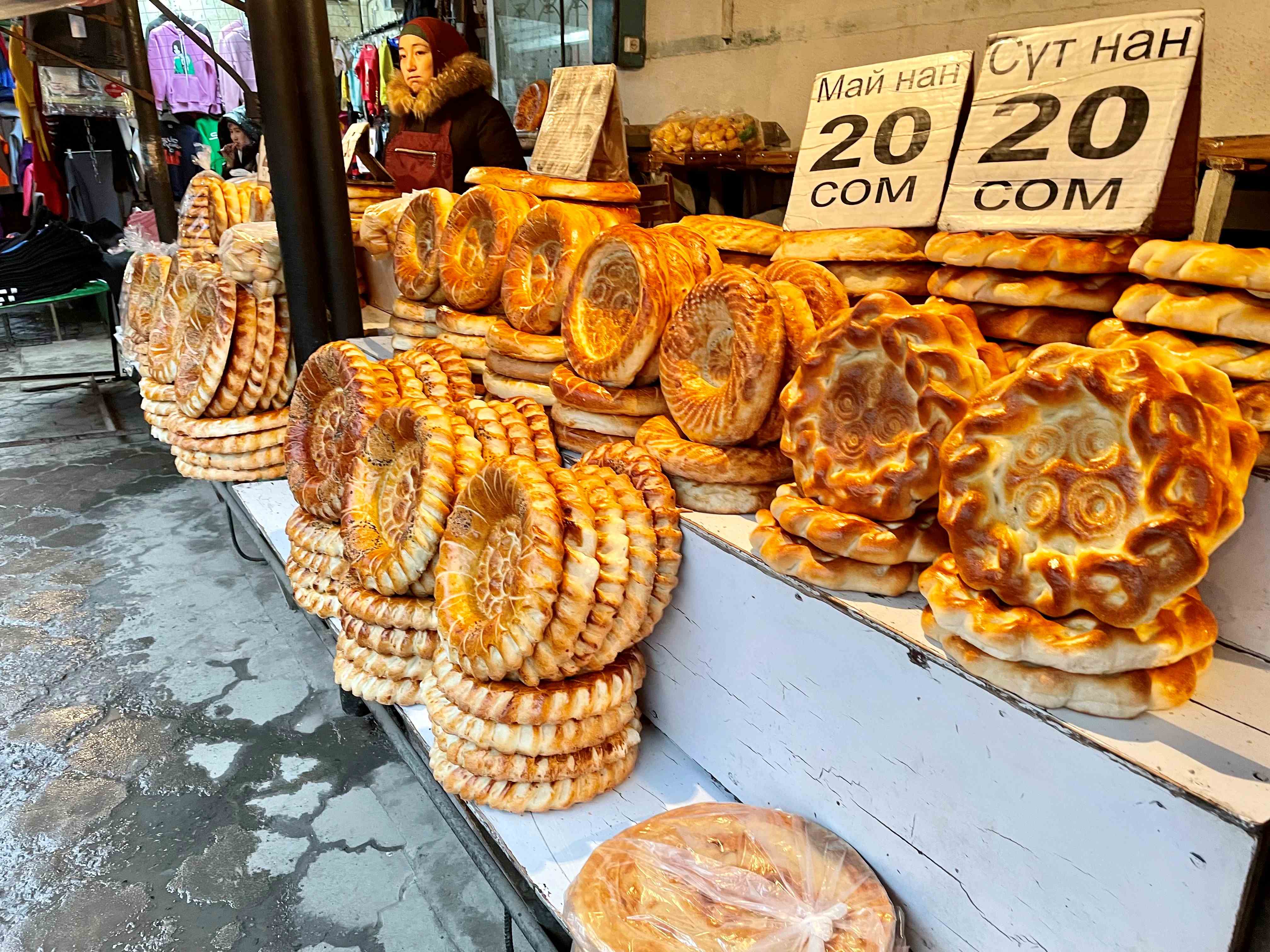Adventure Studies Menu
Adventure Studies Field School
Each year, students of the Bachelor of Tourism Management or Bachelor of Interdisciplinary Studies degrees have the option of participating in a spring field school.
These field based courses typically interact with government economic development personnel, adventure tourism operators, and get involved in community development work.
This provides exciting opportunities for students who are interested in "social enterprise" work and in using their knowledge and skills to assist others in developing their dreams. Most of this work is conducted in rural areas, with local communities and social service agencies to create social value. These field schools occur between late April and June each year.
Adventure Studies now offers a locally focused three-credit field school.
To prepare for Field Schools, the following courses are offered:
- ADVG 4010-3 - Business Applications for Eco and Adventure Tourism
- ADVG 4090-3 - Adventure Tourism International Community Development
Upcoming field schools
2025
Community Based Tourism & Adventure Travel in Kyrgyzstan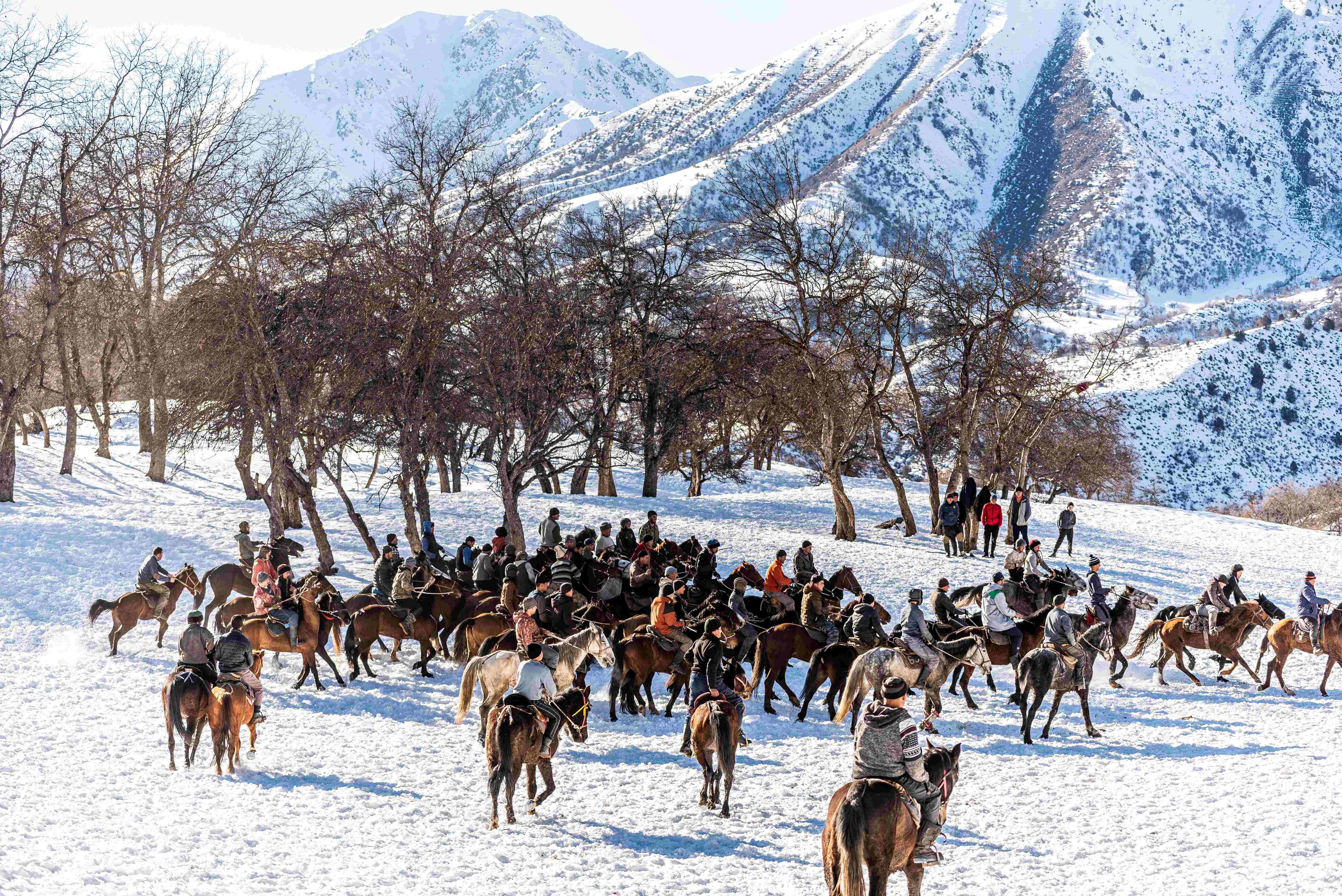
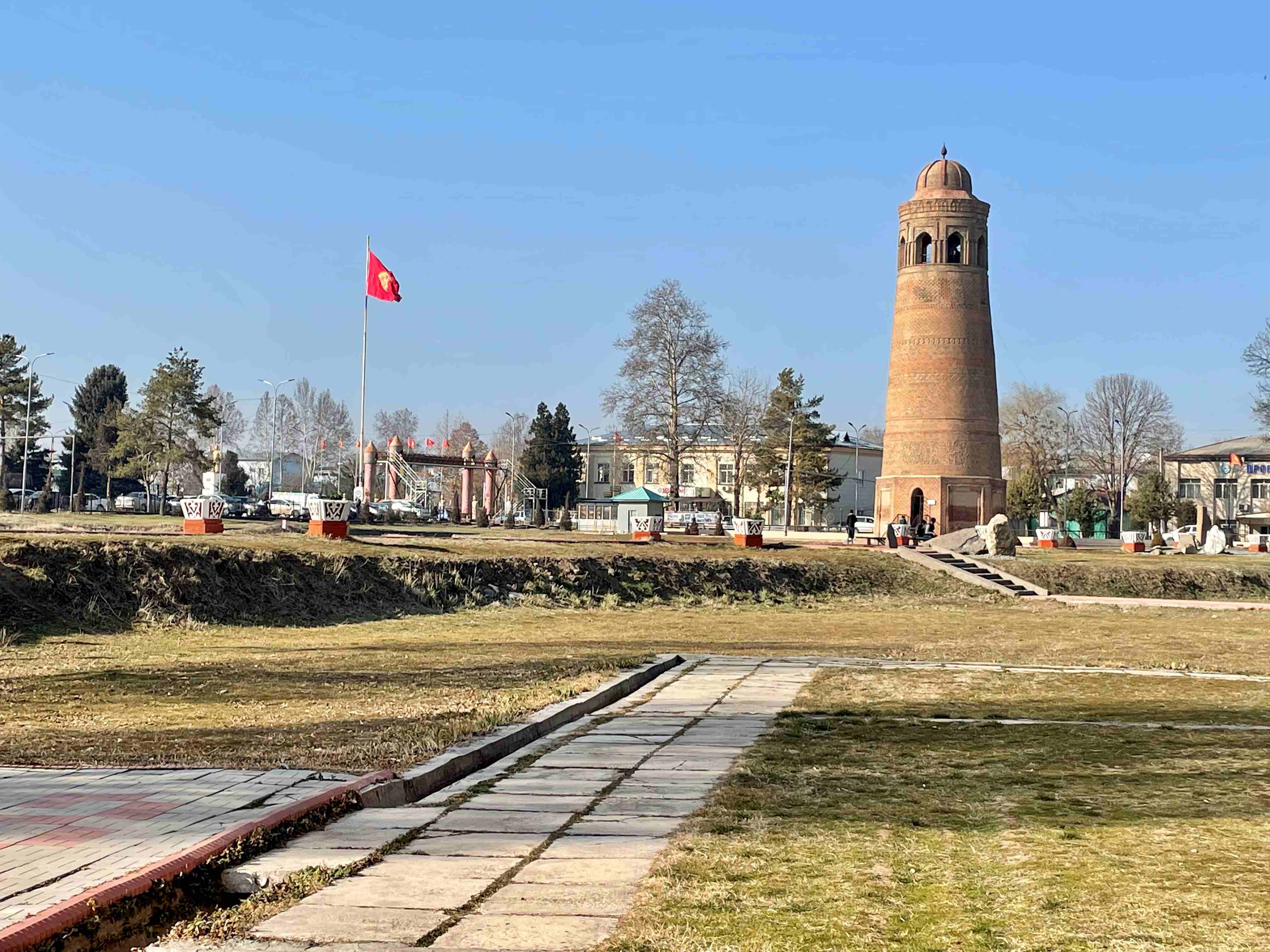
This course examines the issues, approaches and people involved in adventure travel and Community Based Tourism (CBT) in the Kyrgyz Republic (Central Asia). Initiated in May 2000 as a collaboration of communities across the country, today there are 15 actively working CBT groups throughout Kyrgyzstan.
The main objective of the CBT Kyrgyzstan is to “improve the living conditions of people in remote mountain regions, by developing rural tourism without harming the natural environment and culture of local people.”
Students in this course will engage with CBT groups in the capital city of Bishkek, in Karakol, the adventure capital of Kyrgyzstan, and in the mountain community of Arslanbob in the south of the country. Each location is unique and offers an opportunity to learn from local CBT leaders and to examine a wide range of topics and adventurous activities.
Course highlights
- Course length is approximately 14 days in Kyrgyzstan, Central Asia.
- Participants are hosted in homestays by local CBT members.
- Students engage with unique cultural and community traditions.
2026
Trails to Reconciliation in Indigenous Communities in BC
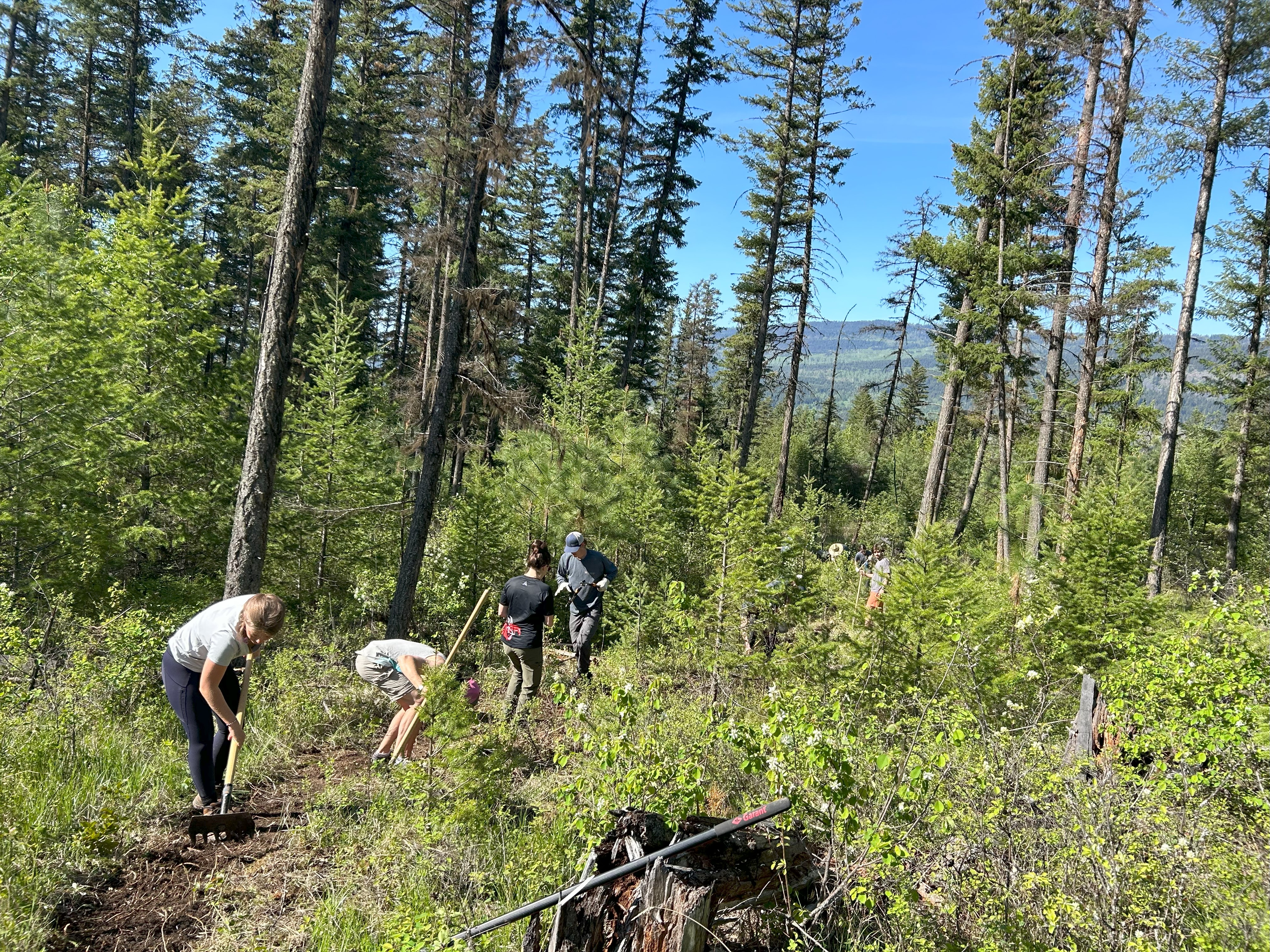
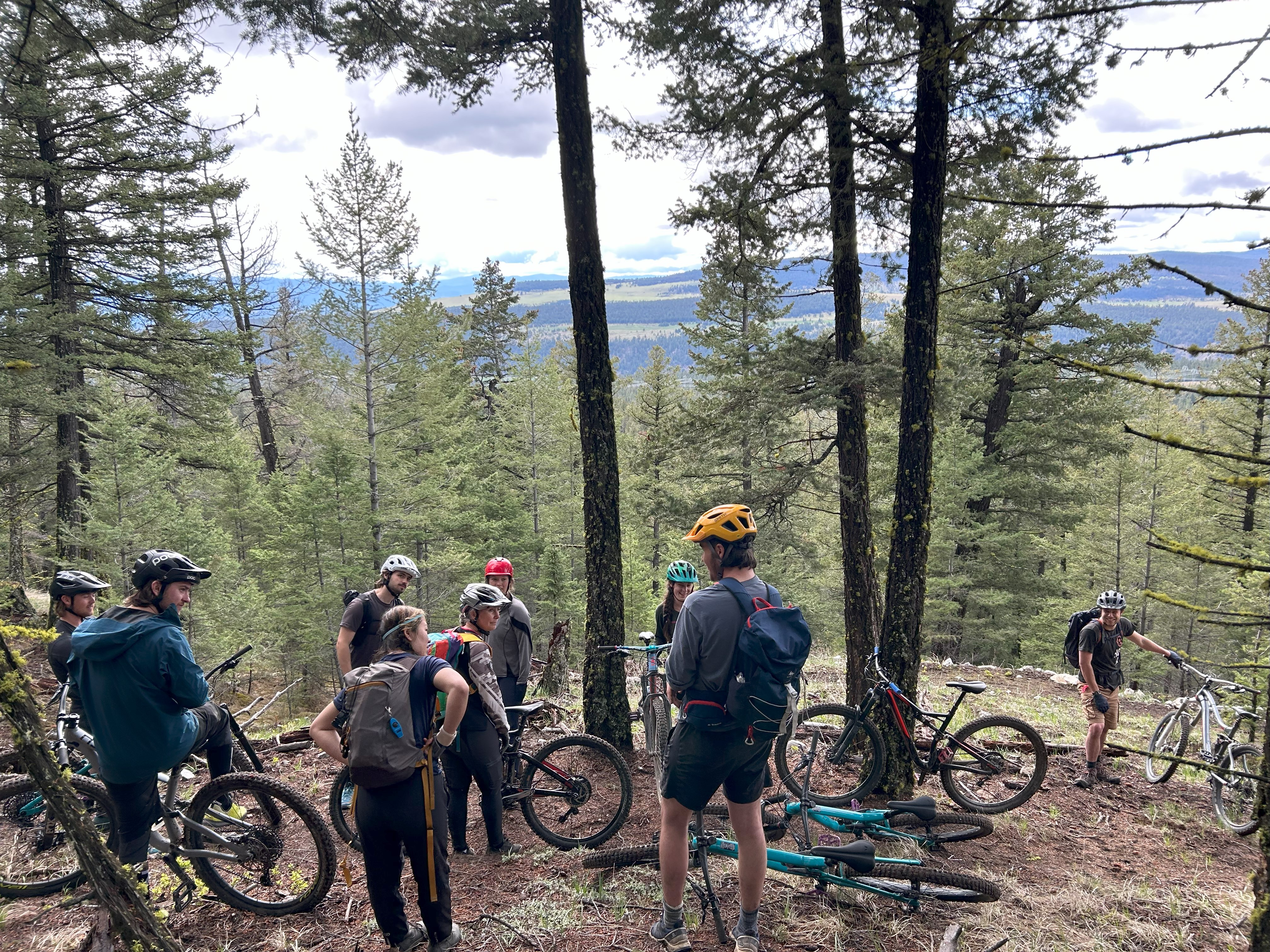
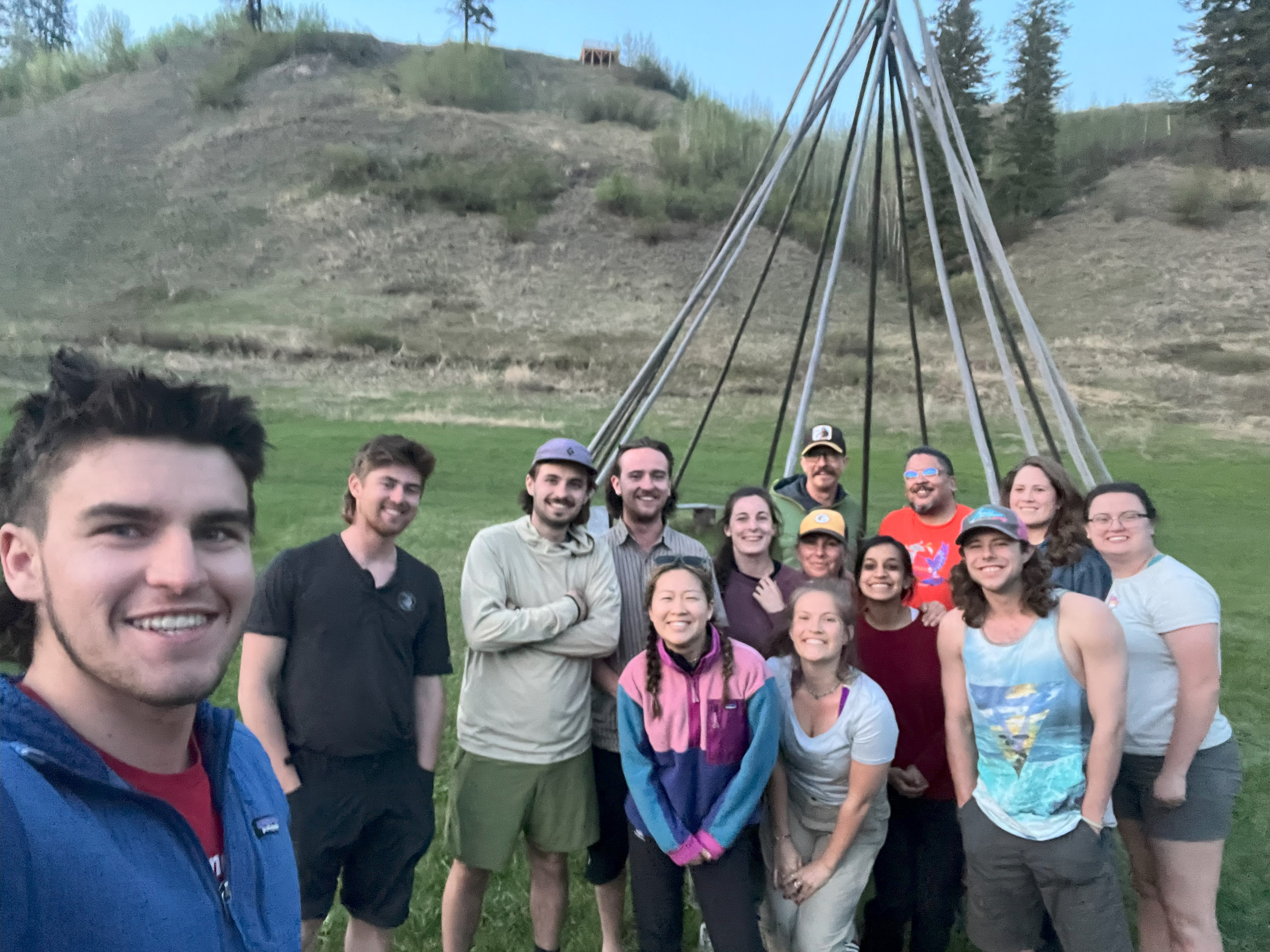
This course gives students a holistic view of the Indigenous tourism industry from policy development, relationship building, and stakeholder engagement, to planning and sustainability.
Students in this course engage in building and maintaining mountain biking trails while learning about land use and history from an Indigenous perspective. This is a great opportunity for students to discover how they can participate as allies in their professional and personal lives.
Course highlights
- Course length is 10 days in various Indigenous communities in BC.
- Participants learn from the locals about history and traditional land use.
- Students explore decolonization through Indigenous tourism and community-based tourism development.
Past field schools
2020 - 2023
Trails to Reconciliation. A domestic three-credit field school. Students visit various Indigenous communities in BC to help build/maintain biking trails, learn about traditional land use and the history of the trails they visit, the importance of building relationships and partnerships with Indigenous communities, and the impacts of community-based tourism development.
2023 Video
Testimonials
"Reconciliation is understanding the past and improving the future."
"Best ten days of my life."
"Reconciliation to me is about taking the time to learn and listen from Indigenous voices."
"This was the best learning experience I've ever received and so much of it is thanks to you. The open and safe space you were able to create throughout the entire trip was beyond anything I could have asked for. I've never felt so connected to my classmates and teacher, and it helped the learning experience so much. Thank you for trusting us and letting us guide our education with your amazing support. This course was transformative and just the beginning of a new journey for me."
"Reconcilation is the mission of becoming an ally."
"Reconciliation is to repair the bridge that was destroyed by our ancestors, repair relationships, and to learn to be caretakers of the land."
2017
A new domestic three-credit field school was offered. Centered on the fast growing sectors of mountain bike and trail tourism. Five students travelled to central British Columbia to work on trail tourism projects and engage with local First-Nations communities. The field school worked with Recreation Sites and Trails BC as they do the community consultation, site selection and layout for a new recreational trail network.
Check out the TRU Field School- 2017: Trail-building student blog for the field school experience.
2012
We added a second trip to Ecuador with one group of students returning to Panguipulli in Chile and another group began a project in the Bahia de Caraquez region of Ecuador.
2011
Students began work on a three-year contract in the community of Panguipulli. See the 2011 Panguipulli Presentation students gave to the community on sport fishing and tourism.
2010
Students returned to the Alto Bio Bio region of Chile and worked in the communities of Teodoro Schmidt, Carahue, and Toltén.
2007 to 2009
Students were involved in the development of a tourism industry in the Atacama community of Camiña, a remote community in northern Chile, in the Tarapaca Region, close to the Bolivian border. Students have assisted with creating a long-term development plan, planning hiking routes, developing gaucho tour product, and have started working on marketing programs. The residents of Camiña have enthusiastically welcomed TRU's involvement.
2006
Students worked on an eco and adventure tourism development plan for the Alto Bio Bio region of Chile. They were based in the community of Lonquimay and began a long-standing relationship with the Chilean government.
2003 to 2005
Students worked in the small coastal town of Puyuhuapi, Aysén Region, Patagonia, Chile.

